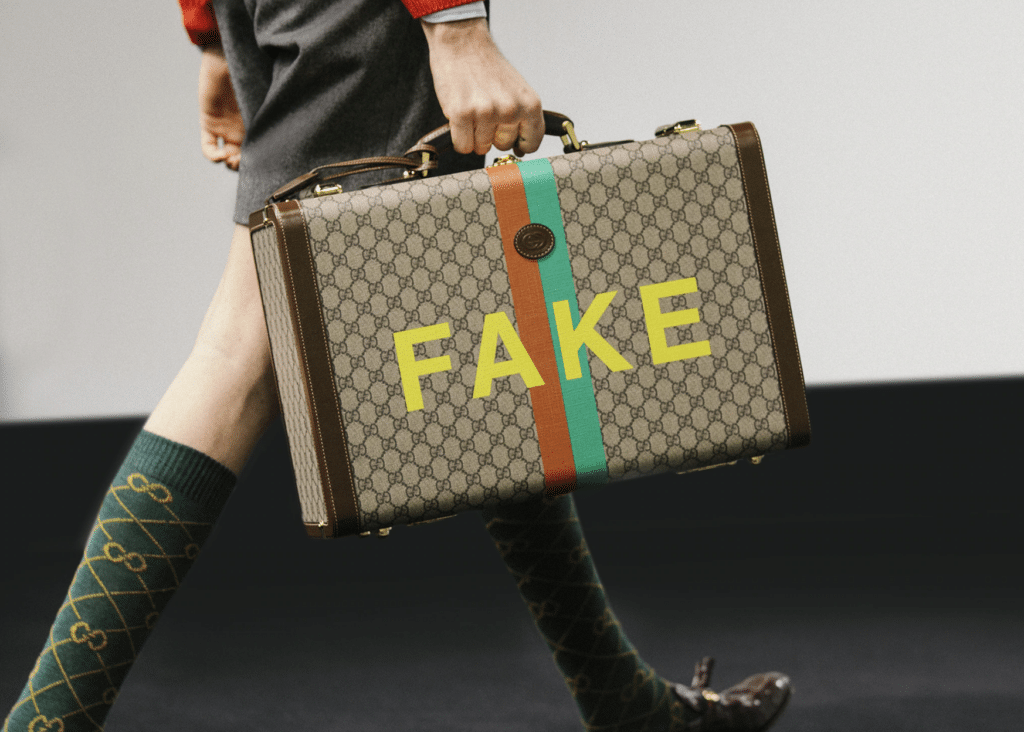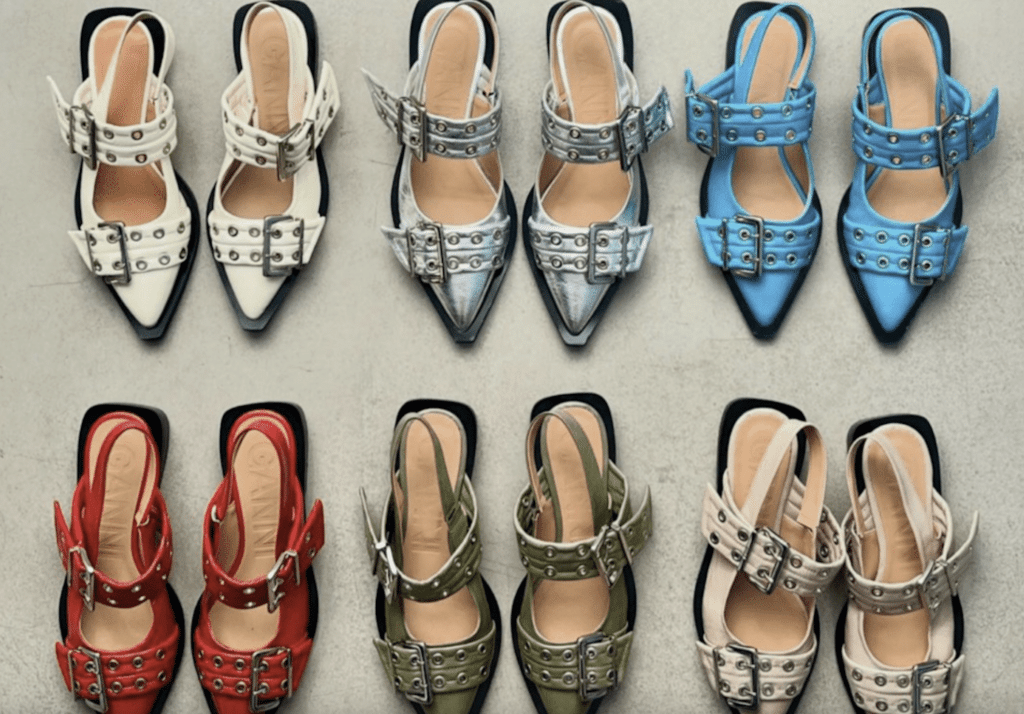Nike and Puma appeared before the High Court of Justice in London on Monday for an appeal hearing in their bi-national battle stemming from Nike’s quest to register the word “footware” as a trademark – including with the United Kingdom Intellectual Property Office (“UKIPO”) – for use in connection with “computer hardware modules for receiving, processing, and transmitting data in Internet of things electronic devices; electronic devices and computer software that allow users to remotely interact with other smart devices for monitoring and controlling automated systems,” among other hardware and software products and services.
Puma lodged an opposition to the trademark application that Nike filed with the UKIPO in March 2019, arguing that the “footware” mark is an “ordinary descriptive term for the goods and services” at issue (i.e., those in classes 9, 38 and 42), and an “obvious combination” of the words “footwear” and “hardware” or “software,” and as a result, merely informs consumers that the goods/services at play relate to footwear-specific hardware/software, instead of indicating their source. More than that, the German sportswear company claimed in its opposition filing that Nike’s use of “ware” had already become “customary in the relevant trade,” removing the chance that the term would serve as an indicator of source.
Nike pushed back against this argument, and provided the UKIPO with articles that show the use of “smart running trainers,” “trackable trainers,” “smart shoes,” “smart football boots,” “smart running shoes,” and “connected footwear” to refer to tech-embedded sneakers. And while there were, in fact, articles that make reference to the term “footware,” D Young & Co LLP’s Natasha O’Shea previously noted that the UKIPO’s hearing officer determined that there was “only very limited evidence relating to use [of the ‘footware’ term] in the UK, and still less evidence of use in relation to any of the contested goods or services.”
Siding with Nike, the UKIPO dismissed Puma’s opposition in November 2020 on the basis that “footware” is not necessarily a combination of two non-distinctive elements, thereby, automatically resulting in a non-distinctive term. Beyond that, the UKIPO’s hearing officer stated that “footware” does not have an “immediately apparent” or obvious meaning, and that the “evidence at play does not establish that the mark is used descriptively in relation to the goods and services” cited in Nike’s application.
Puma appealed, and during Monday’s hearing, as first reported by Law360, counsel for the sportswear brand doubled-down on its arguments that the “footware” mark is merely descriptive of hardware or software-equipped sneakers, and thus, cannot be registered. Moreover, in further of its attempt to block Nike’s application, Puma argued that the Beaverton, Oregon-based titan’s decision to “misspell” the word footwear as “footware” is little more than a strategic attempt to co-opt the otherwise non-distinctive term, and potentially, prevent others from using it to sell “smart shoes.”
Meanwhile, in the U.S.
The UK-specific trademark battle coincides with a stateside fight between Nike and Puma over the former’s similarly-timed quest to register “footware” with the U.S. Patent and Trademark Office (“USPTO”). On the heels of waging an early-stage challenge to the trademark application that Nike filed in March 2019, which saw Puma send a “letter of protest” to the USPTO arguing that that “footware” is a “descriptive” term, and thus, ineligible for registration, the German multinational footwear brand initiated opposition proceedings to block Nike’s application.
In its June 2020 opposition filing, Puma argues that “footware” is a “merely descriptive” term for technology-driven footwear designs and should not be registered by any company, especially the $214 billion giant that is Nike. According to Puma, Nike’s “footware” trademark “is phonetically equivalent to and a misspelling of the word ‘footwear,’” making it “a generic term for products sold in commerce, namely, footwear,” and not an indicator of a particular source of goods/service, which is precisely the purpose of a trademark.
(It is worth noting that Nike does not list footwear as a class of goods in its application; instead, it is claiming rights in classes 9, such as “computer hardware modules for receiving, processing, and transmitting data in Internet of things electronic devices;” 38, including, “telecommunications services, namely, transmission of data by means of telecommunications networks, wireless communications networks and the Internet;” and 42, “application service provider featuring application programming interface software for integration of third-party applications to allow an interactive user experience.”)
Puma’s opposition proceedings are underway before the USPTO’s Trademark Trial and Appeal Board.











